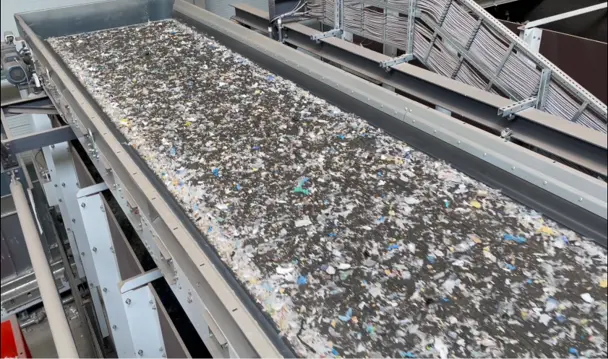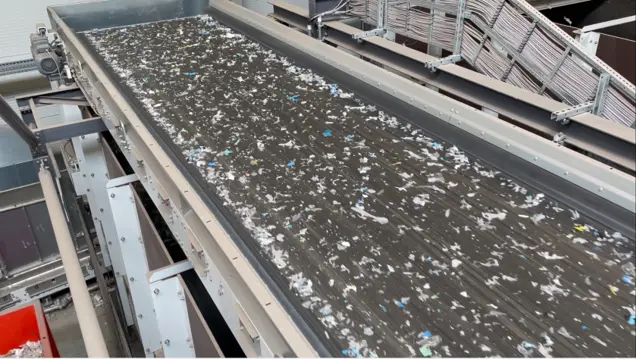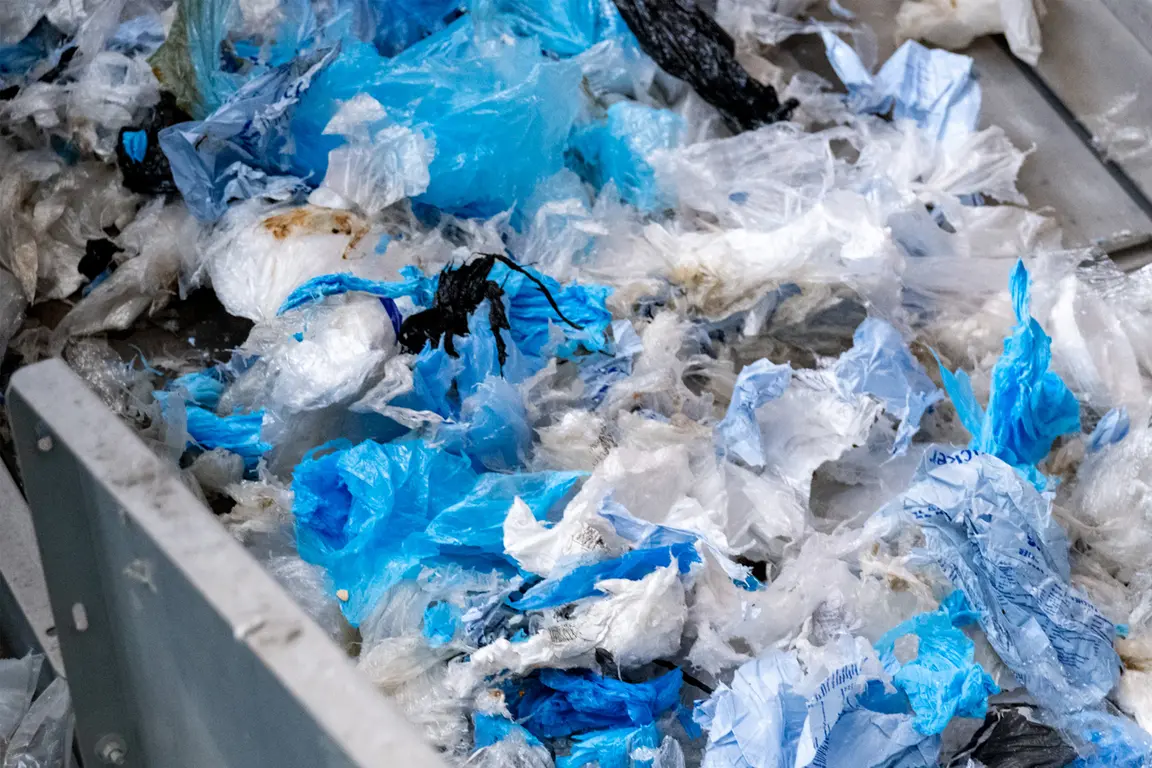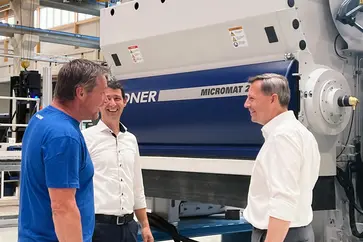Spittal/Drau (Austria), November 2022. Make the most of waste. Having this guiding principle in mind, Lindner's new Jupiter BW series' special shredder set-up enables precise, true-to-the-particle shredding of film fractions, resulting in a 44% reduction in fines. This means that more input material is retained in the recycling process. Thanks to the consistent A4/A3 particle size, downstream NIR sorting systems can also optimally sort the material. The result: increased quality and output right from the first process stage.
Plastics have been an essential part of our daily lives for many decades. Whether in medicine, the food sector or automotive industry, the easy processing and application abilities of polymers over other materials means that they are represented in a wide range of sectors. Packaging materials such as films, primarily made of polyethylene (LDPE, LLDPE) and polypropylene (PP), have a particularly short product life cycle and also account for a significant portion of waste generation worldwide at a total share of around 40%.
Optimising quality in film recycling
Due to the high volume of waste, there is a high demand for efficient recycling solutions for film fractions. Modular washing and drying processes specifically customised to the input materials – with and without hot wash – ensure the plastic flakes or the regranulate are optimally cleaned. Equally crucial are the upstream sorting processes that make sure that only recyclable materials pass through the washing cycle and are free from metals, non-metals and minerals. However, as important as these specially coordinated processes are, quality sorting starts with the bale opening and shredding, where the decisive parameters are output quality and a consistent particle size as well as a low proportion of fines.






